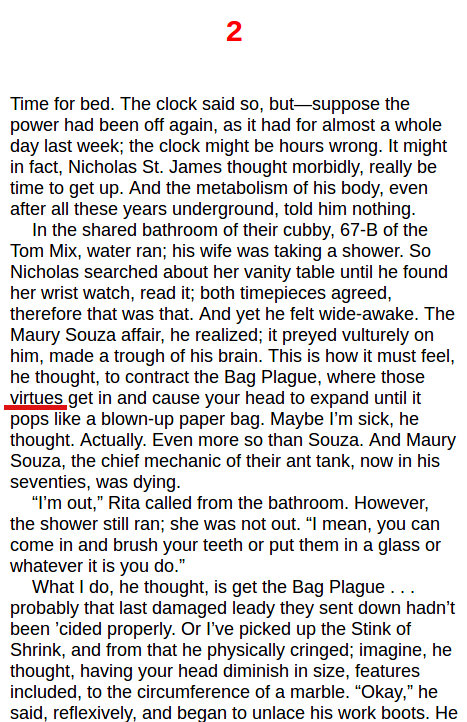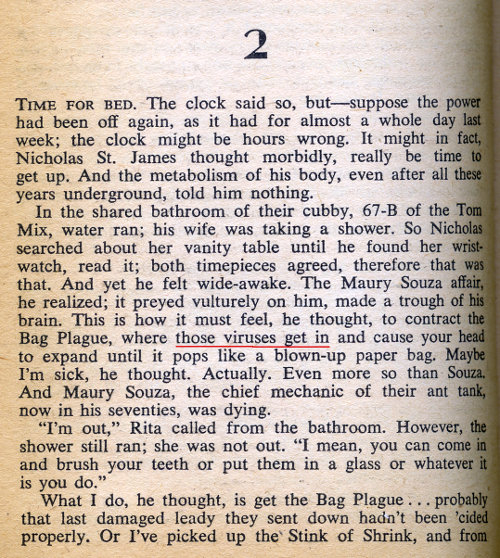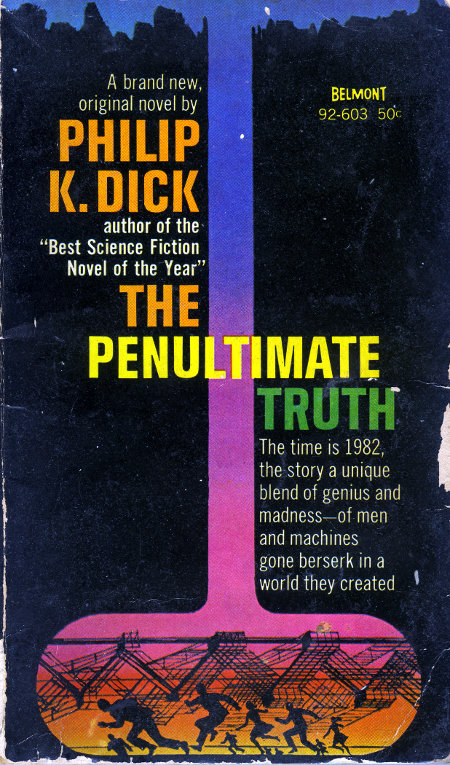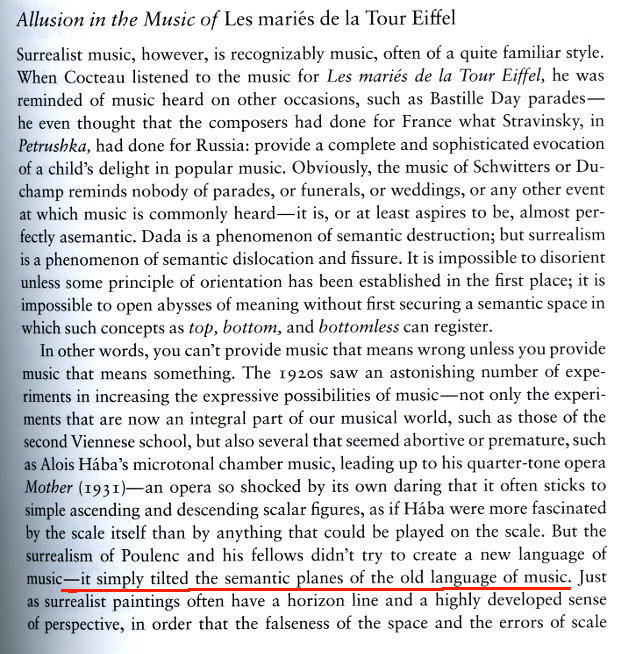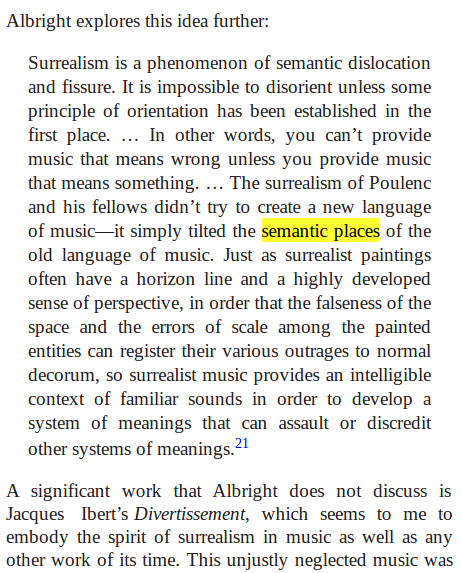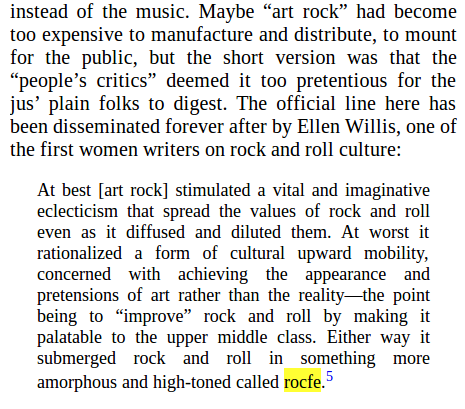Some authors -- for example, Robert E. Howard -- use quite a few emdashes in their writing. This blog uses two hyphens surrounded by single spaces -- like this -- making it harder for bad browsers to turn the emdash into an endash -- or worse, a single hyphen.
Of course, an ebook reader is a browser and it's essentially reading -- or misreading -- html.
Many publishers think you can just scan a print book and let algorithms fix all the little nuances. The result is text that looks like this:
Some authors-for example, Robert E. Howard-use quite a few emdashes in their writing. This blog uses two hyphens surrounded by single spaces-like this-making it harder for bad browsers to turn the emdash into an endash-or worse, a single hyphen.
Of course, an ebook reader is a browser and it's essentially reading-or misreading-html.
Random House Publishing Group (Del Rey) is one of those publishers, and its epub version of The Horror Stories of Robert E. Howard is frighteningly -- difficult to read.

